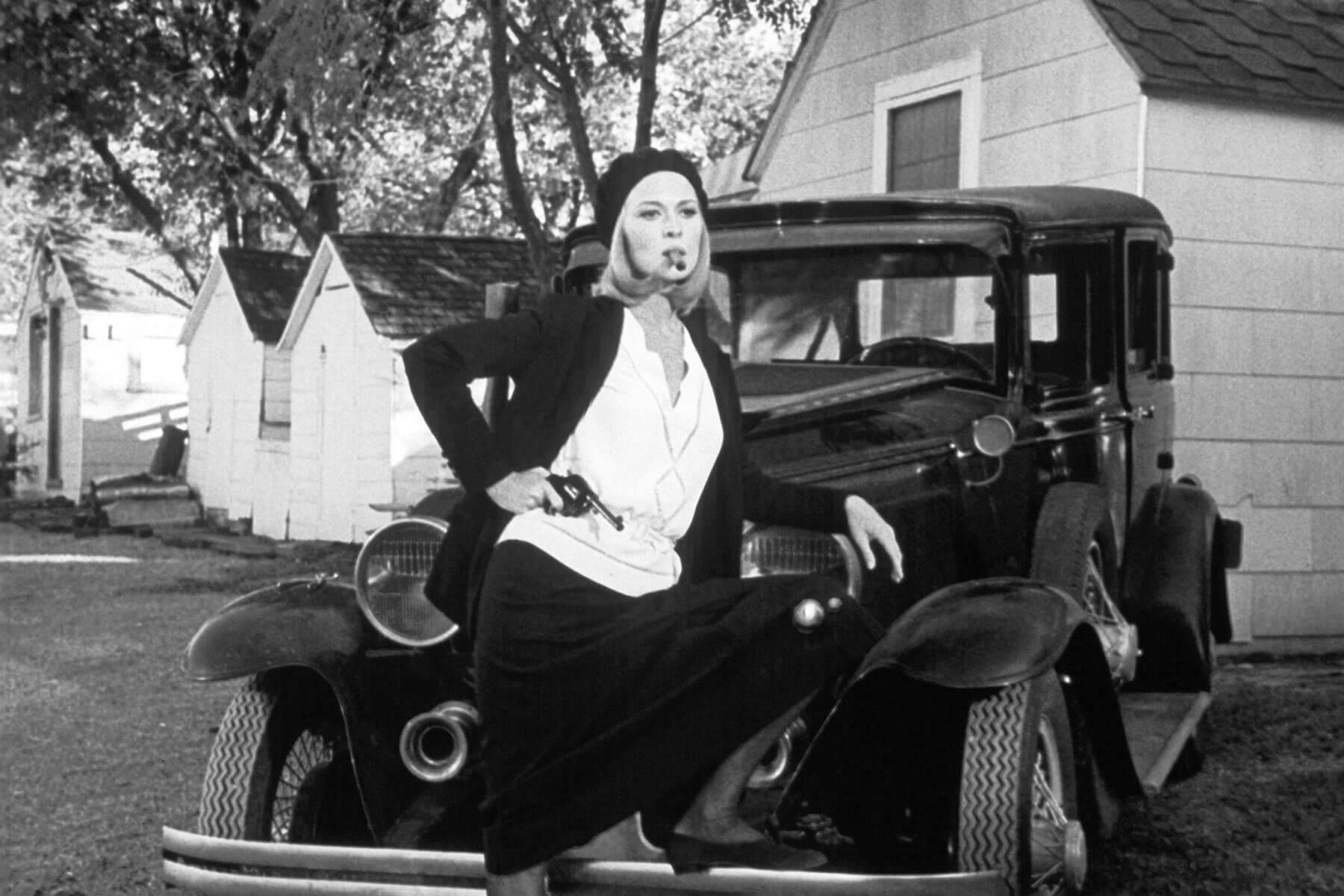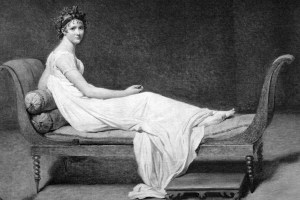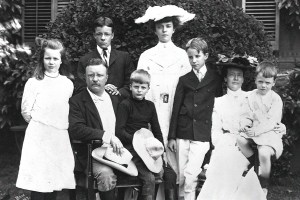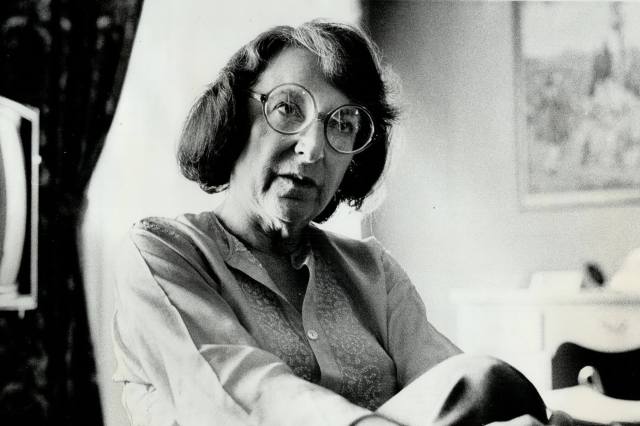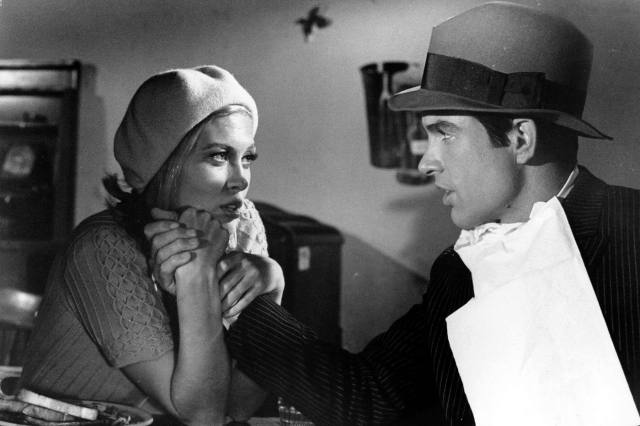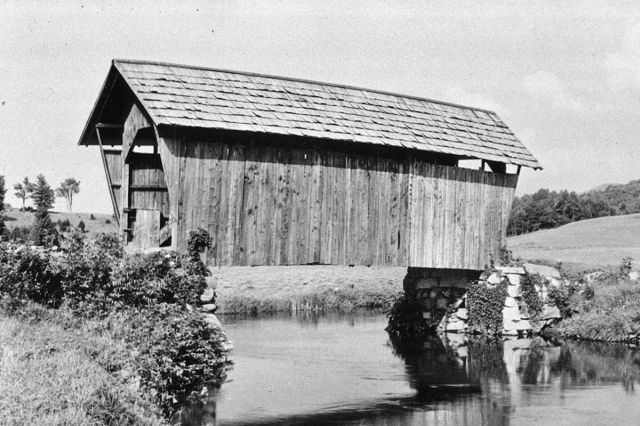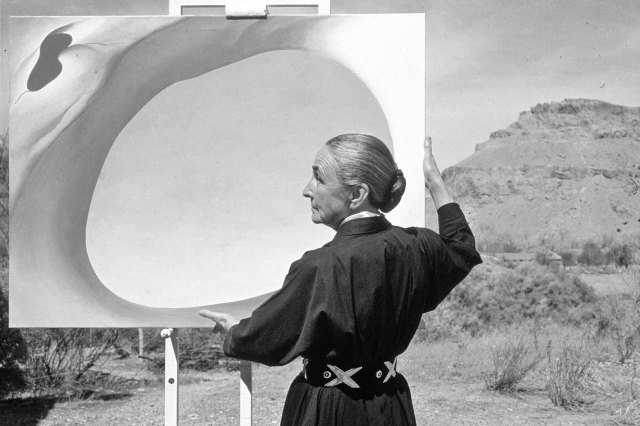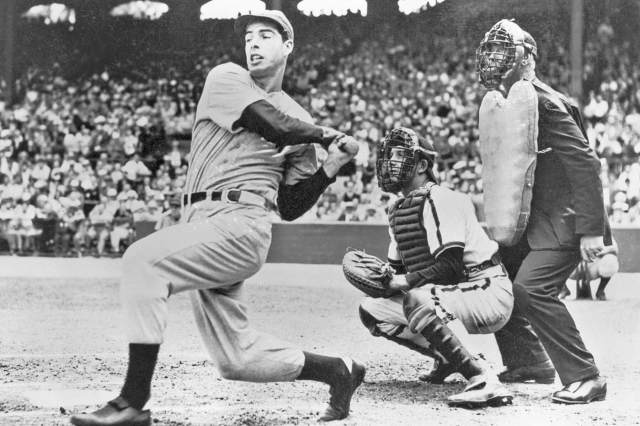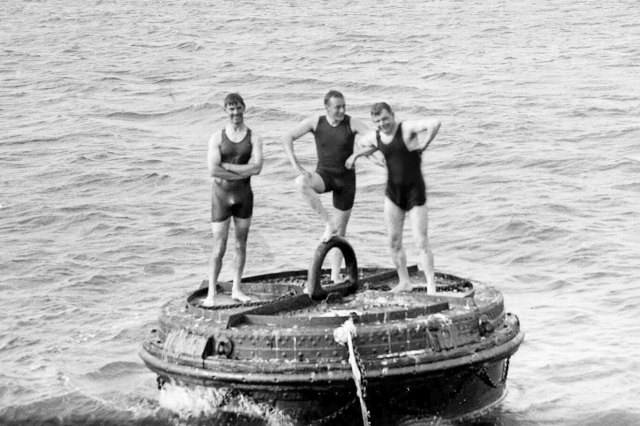How One ’60s Movie Changed Hollywood Forever
On August 14, 1967, film critic Bosley Crowther did the same thing he had been doing several times a week for more than a quarter-century: He published a film review in The New York Times. The subject of his latest piece was director Arthur Penn’s Bonnie and Clyde, starring Warren Beatty (who also produced) and Faye Dunaway. To say that the picture was not to Crowther’s liking would be putting it lightly. “This blending of farce with brutal killings is as pointless as it is lacking in taste,” he wrote in a particularly ferocious passage, “since it makes no valid commentary upon the already travestied truth. And it leaves an astonished critic wondering just what purpose Mr. Penn and Mr. Beatty think they serve with this strangely antique, sentimental claptrap.”
Crowther had no way of knowing it, but this was to be one of the most significant movie reviews ever written — albeit not for reasons that reflected favorably on him. Bonnie and Clyde heralded a new tide that had just begun rising in Hollywood, one that would leave Crowther and others with old-fashioned sensibilities in its wake.
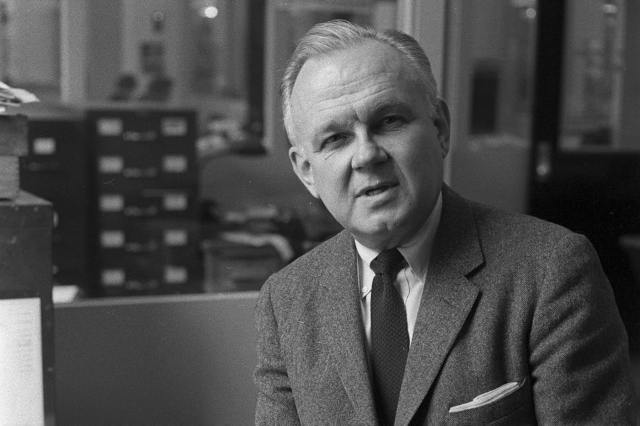
Throughout his decades-long tenure at the Times, during which time he rose to prominence as one of the most respected voices on film, Crowther cultivated a reputation as something of a moralist. Despite the fact that he was an early proponent of such foreign auteurs as Ingmar Bergman and Akira Kurosawa, and was also openly critical of Senator Joseph McCarthy and the Hollywood blacklist, Crowther’s readership was nevertheless beginning to turn against his increasingly out-of-touch ways. A negative review of a film that, by and large, had done rather poorly in terms of critical reception was unremarkable in and of itself. What attracted so much publicity was Crowther’s sustained attack against it.
In the months following Bonnie and Clyde’s initial release, he wrote two more negative reviews and went out of his way to blast it in critiques of other movies, as well as in published responses to letters he received from unhappy Times readers. He was far from alone in his displeasure — Bonnie and Clyde was also panned by TIME and Newsweek, to cite two of the more high-profile outlets to bash it — but what he was alone in was his refusal to move on. The critical consensus was so negative that Warner Bros. decided to pull the film from theaters after a few short weeks in order to put it out of its misery. At the behest of Beatty a few months later, they re-released Bonnie and Clyde in theaters after launching a new promotional campaign.





